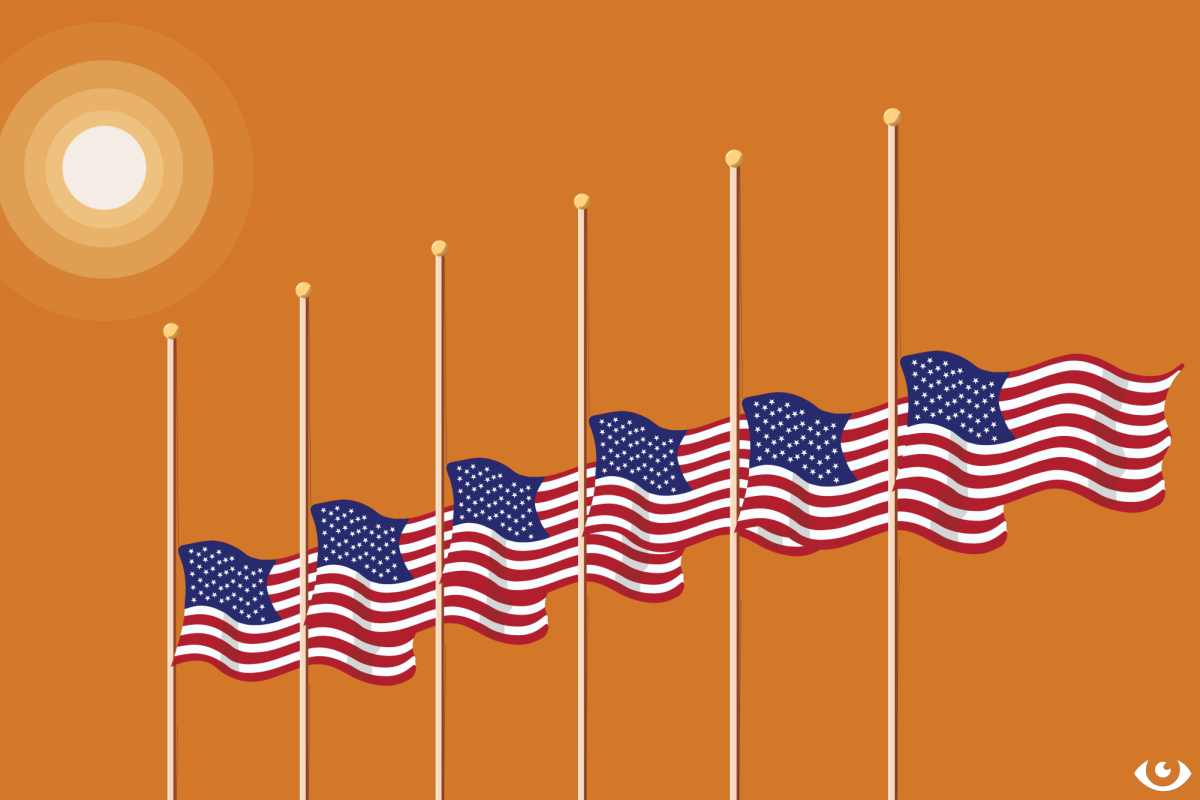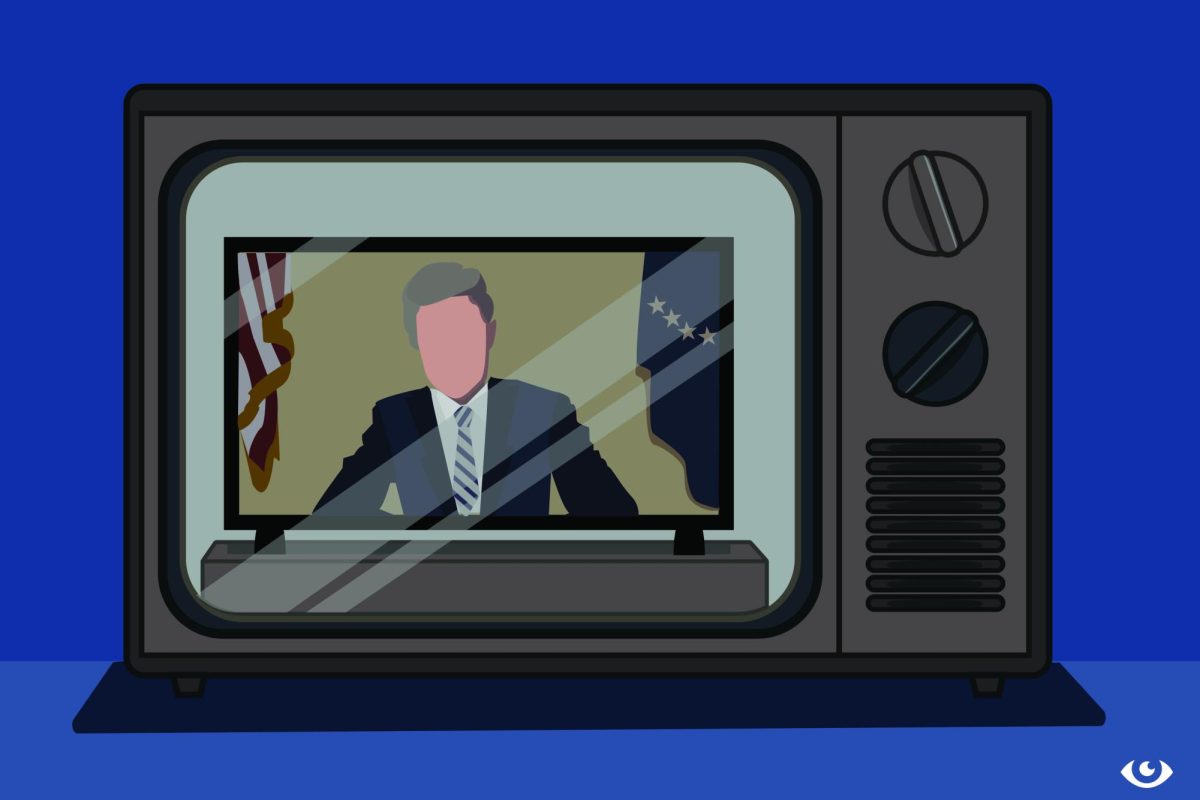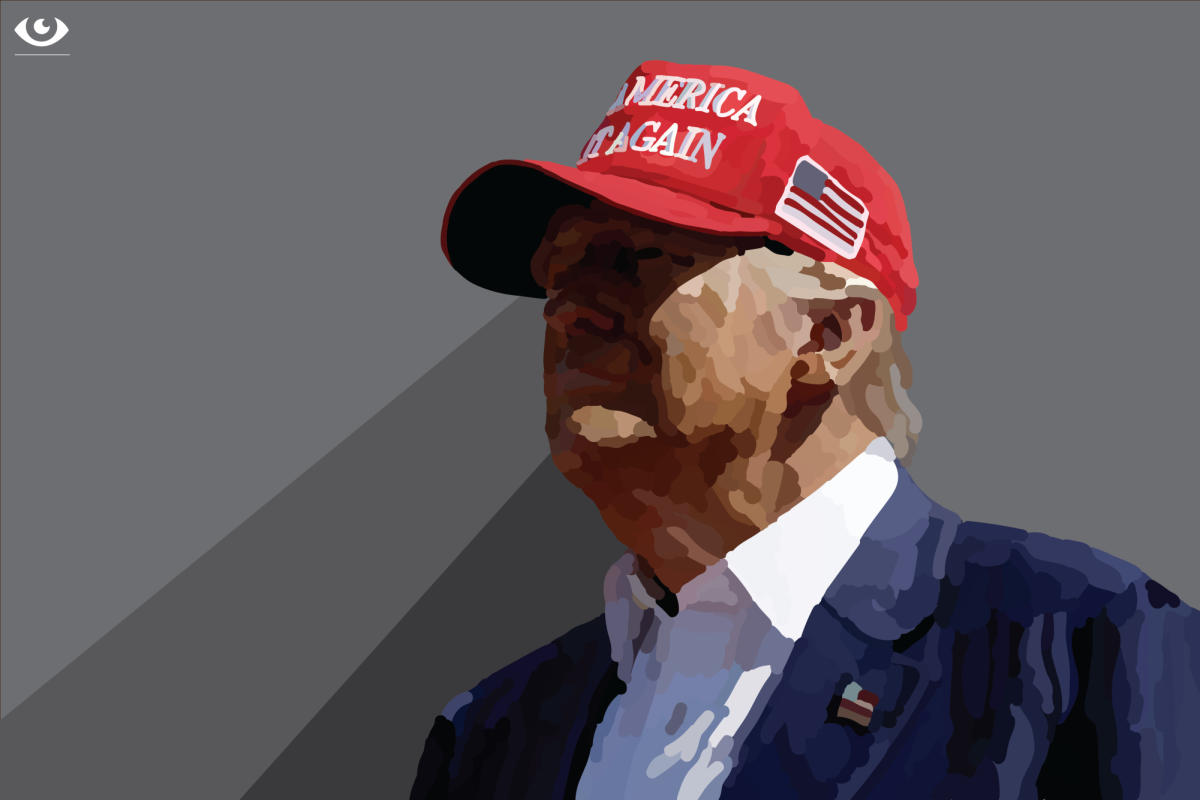People will go to shocking lengths in the name of censorship. “Banned books” have been around as long as printing presses and overprotective parents, but when public schools and libraries challenge and remove books, students lose a huge learning opportunity. At a fairly liberal, open, and diverse school like Manual, students might find it hard to imagine a world in which adults deny them information. But there are a lot of schools around our nation that are limiting the things that students can read—and you won’t believe some of the books that have been blocked.
To shed light on this issue, Manual’s new librarian, Ms. Holly McCullough, has created the first schoolwide “Banned Book Week” display of books that Manual offers but other schools have banned. The books range from the classics, some of which are required reading for Manual students—The Adventures of Huckleberry Finn, George Orwell’s 1984, and The Diary of Anne Frank—to seemingly innocent, fun reads like the Harry Potter series, Twilight, Wicked, and a childhood favorite of mine, A Wrinkle in Time.
McCullough says that she wants to bring attention to the subject because she has seen how a book can be challenged firsthand. As a former English teacher, she sometimes encountered opposition from parents about the books she assigned to students. “My first year of teaching, a parent complained about the cursing and language used in the Faulkner book As I Lay Dying.” That parent’s complaint gained national attention when it became a story on NPR. McCullough says that the language was important for the context of the book and that this parent was an example of someone who “doesn’t care about the cause, just loves the fight.”
Although there are some valid arguments for not wanting a child to read a particular book, there should be no reason to limit what other students can read. Most books do have a reason for using certain types of language, even if it is offensive. Mark Twain, for example, uses the word “n—-r” in order to better portray the time period he was writing for. It’s one of the things that makes the book authentic. Parents should be aware of the context of the words and themes that they take offense to. They should read a book before they challenge it so that it is at least a well-informed argument and not just an excuse for someone who “loves the fight.”
McCullough says that if a parent doesn’t want his or her child to read a particular book, “It should be a conversation for parents to have at home.” It’s essential for a parent and child to communicate about their beliefs and why a book may be offensive so that other students are not affected by one person’s ideals. All students should have a right to information and reading materials, even if one of their classmates does not agree with a certain book.
To see longer lists of banned books, visit the American Library Association or BannedBooksWeek, or visit the Banned Book section in the Manual library all this week.
Eliza Coleman is a 16 year old Junior at duPont Manual High School, studying in the HSU magnet. She is a staff writer for ManualRedeye.com.





